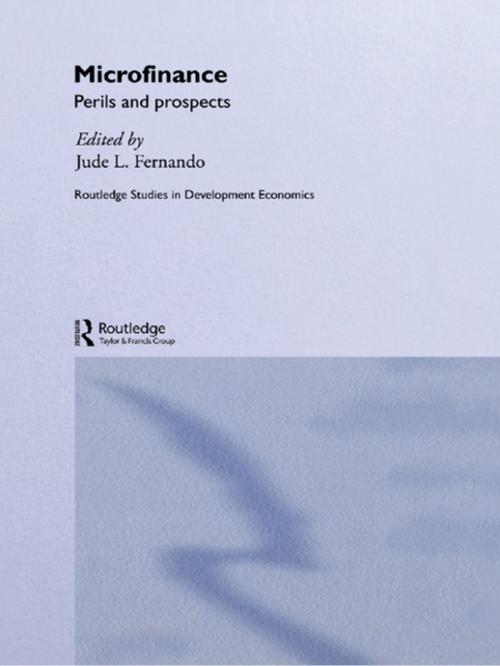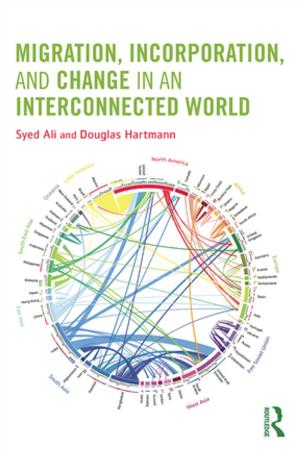Microfinance
Perils and Prospects
Business & Finance, Economics, Economic Development, Finance & Investing, Finance| Author: | ISBN: | 9781134333301 | |
| Publisher: | Taylor and Francis | Publication: | August 2, 2004 |
| Imprint: | Routledge | Language: | English |
| Author: | |
| ISBN: | 9781134333301 |
| Publisher: | Taylor and Francis |
| Publication: | August 2, 2004 |
| Imprint: | Routledge |
| Language: | English |
Microfinance is defined as the financial services offered to the poor for the purpose of promoting small-scale enterprises, and as such it is one of the most important topics in development studies and a burgeoning area in economics.
This volume provides a much-needed historical, political and economic dimension to the current knowledge on microfinance. Collectively, the contributors chart the relationship between the prevailing popularity of microfinance and the consolidation of neoliberal economic ideology worldwide. They demonstrate how microfinance, as a market-friendly approach to development, coincides with the global trend towards diminishing the role of the state in economic development, basic healthcare, education and welfare. The articles in the volume focus on the empirical analyses of the experience of microfinance in women’s everyday lives, but rejects the connection between microfinance and women’s empowerment so often imputed in literature.
This book offers regional, cultural and other explanations for variable assessments of microfinance and empowerment. It fills a huge gap in published microfinance literature and will be of great interest to postgraduates and professionals in the fields of economics, international finance and banking.
Microfinance is defined as the financial services offered to the poor for the purpose of promoting small-scale enterprises, and as such it is one of the most important topics in development studies and a burgeoning area in economics.
This volume provides a much-needed historical, political and economic dimension to the current knowledge on microfinance. Collectively, the contributors chart the relationship between the prevailing popularity of microfinance and the consolidation of neoliberal economic ideology worldwide. They demonstrate how microfinance, as a market-friendly approach to development, coincides with the global trend towards diminishing the role of the state in economic development, basic healthcare, education and welfare. The articles in the volume focus on the empirical analyses of the experience of microfinance in women’s everyday lives, but rejects the connection between microfinance and women’s empowerment so often imputed in literature.
This book offers regional, cultural and other explanations for variable assessments of microfinance and empowerment. It fills a huge gap in published microfinance literature and will be of great interest to postgraduates and professionals in the fields of economics, international finance and banking.















